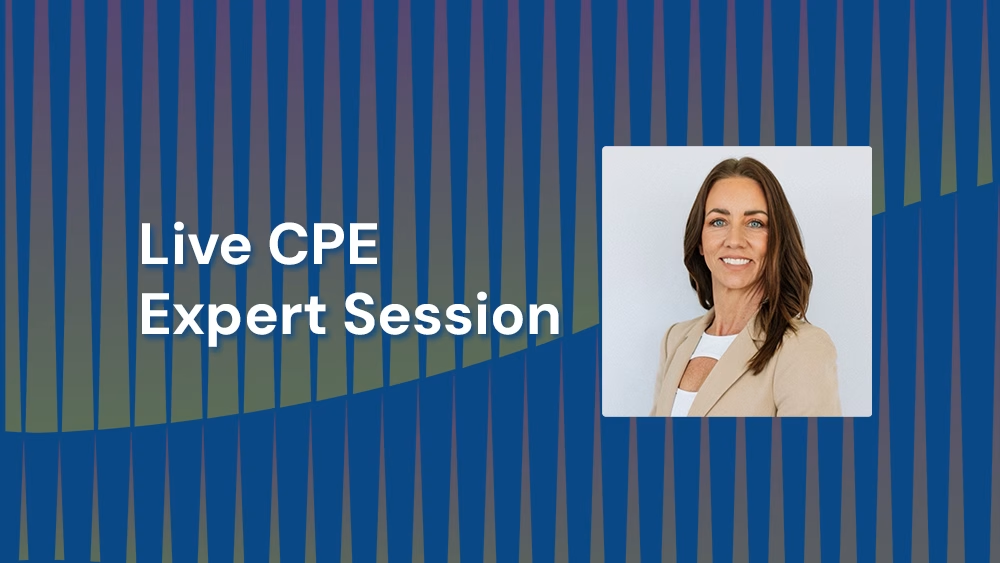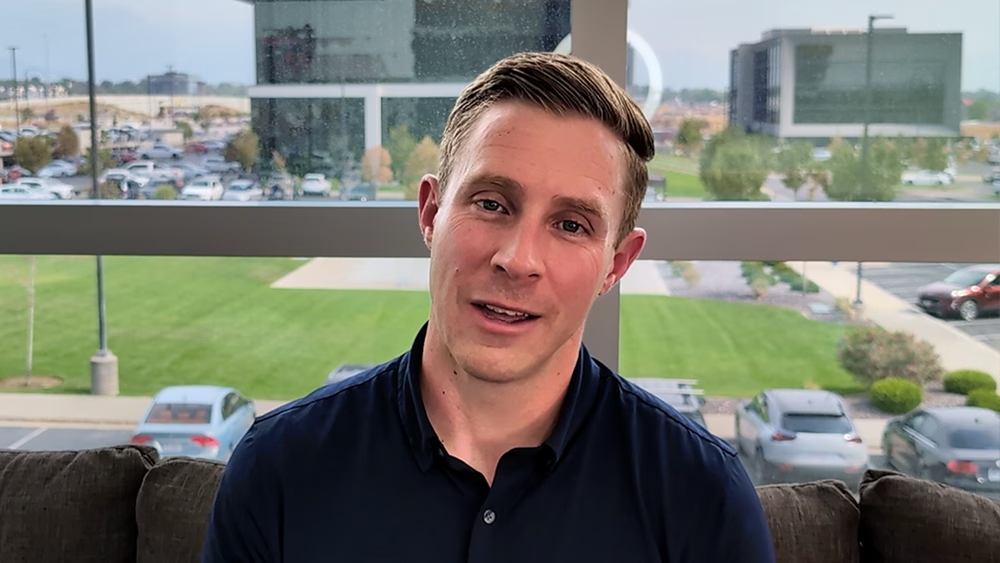For decades, the path to becoming a Certified Public Accountant (CPA) in the U.S. has followed a familiar formula: earn 150 college credit hours, pass the CPA exam, and complete a year or more of work experience. But across the country, that model is starting to shift.
Facing a persistent talent shortage and declining CPA candidate numbers, a growing number of states are rethinking the 150-hour requirement, introducing alternative pathways that aim to preserve professional standards while making the journey to licensure more accessible.
What’s Changing Across the Country?
Several states have already enacted or proposed laws offering additional licensure pathways. These changes commonly allow candidates to become CPAs with a bachelor’s degree (typically in accounting), a longer work experience requirement (usually two years), and successful completion of the CPA exam, effectively removing the 150-hour threshold as the sole route.
Notable examples include:
-
Ohio: Under House Bill 238 (effective January 1, 2026), candidates can qualify with either a master’s degree and one year of experience or a bachelor’s degree and two years of experience.
-
Georgia: House Bill 148 allows a similar dual-path approach, also beginning in 2026.
-
Virginia, Illinois, Oregon, North Carolina, and Pennsylvania have also introduced legislation or are considering reforms to provide more flexible licensure options.
These updates aim to balance professional rigor with increased accessibility while helping to revitalize the talent pipeline without compromising standards.
Utah Joins the Momentum with S.B. 15
Utah is among the latest states to modernize its licensure rules. In 2025, the state passed Senate Bill 15, updating several aspects of the Certified Public Accountant Licensing Act. Key provisions include:
-
Flexible education options, allowing for CPA eligibility through a bachelor’s degree, master’s degree, or equivalent with a concentration in accounting and business.
-
Enhanced reciprocity, making it easier for licensed CPAs from other states to practice in Utah.
-
Stronger enforcement mechanisms, granting the Division of Professional Licensing the authority to issue citations and assess penalties for unlicensed or unlawful CPA activity.
These updates align Utah with broader national trends while supporting the state’s growing accounting sector.
Baysora’s Take: A Welcome and Necessary Shift
At Baysora, we view these changes as a much-needed modernization. The accounting industry has faced a growing shortage of talent particularly in small and mid-sized firms where growth is often limited not by opportunity, but by people.
Removing the 150-hour requirement as a rigid gatekeeping mechanism (while maintaining the rigor of the CPA exam and relevant work experience) is a positive move. It opens doors for more diverse, motivated individuals to enter the profession—people who might otherwise be deterred by the cost or time of an additional year of education.
We believe this evolution will strengthen the pipeline of future firm leaders. It gives more firms—especially the independent, boutique firms we work with—the opportunity to recruit, retain, and develop the next generation of professionals.



